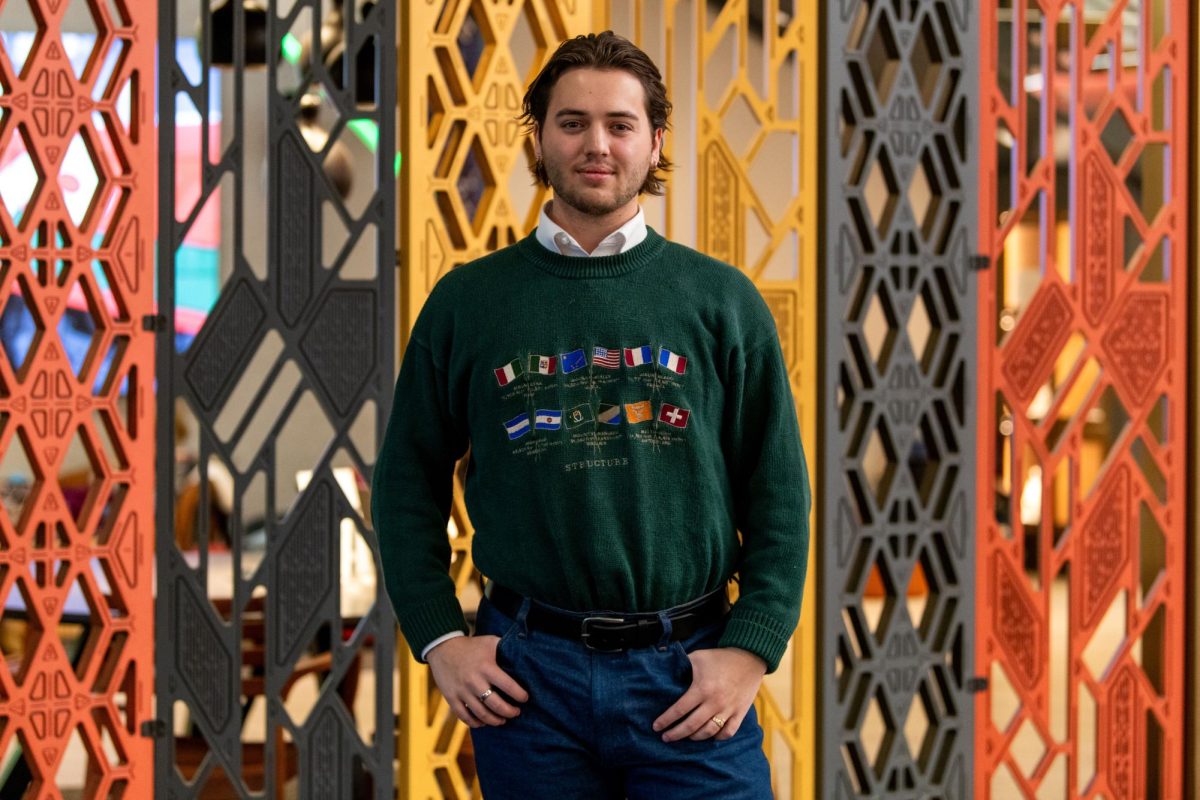At UC Davis, blinding students has surpassed the physical realm.
During a 2011 Occupy protest at the University of California, Davis’ campus, police pepper-sprayed a row of sitting students at point blank.
Pictures and videos of the incident quickly went viral, becoming embarrassing evidence of student mistreatment. Five years later, new reports from the Sacramento Bee show that UC Davis spent at least $175,000 to scrub this content from search engine results and social media.
Instead of taking the conflict as a chance to strengthen relationships with students through dialogue about the wrongs, the university prioritized its image. By spending tuition money on a campaign to hide information from prospective students and their families, UC Davis showed that it cares more about its image than students’ peace of mind.
If UC Davis was purely a profit-driven corporation, it would make sense to see its administrators focus on damage control. That’s how businesses work.
But while it’s true that universities in 2016 look more and more like profit-driven corporations, their primary function should be to ensure a healthy and safe learning environment for students. Misinforming potential students and attempting to hide history by scrubbing the content goes against higher education’s core values.
The money UC Davis spent could have gone toward actually bettering its relationship with students rather than concealing its flaws. The university could have expanded scholarship programs to help alleviate the debt those protesters were fighting. It could have invested in improving community relations or any other event to help the campus heal as a group after the national embarrassment.
Instead, those limited funds went to the trash.
Thinking that it could pay to purge the Internet of embarrassing pictures is absurd, and now the very pictures UC Davis hoped to hide are back in the national spotlight.
Students applying to college are old enough to understand what a protest is. These people witnessed the Ferguson, Missouri, unrest, the #BlackLivesMatter movement and the political rise of Donald Trump during their formative years. Treating students like they can’t process the complicated relationship between activists and institutions is insulting.
The damage that the pepper spray scandal could do to UC Davis in the long run is probably low. Once that generation of students is completely gone, institutional memory may forget that blunder as part of the larger Occupy movement.
This disrespect for both students and the public will leave a larger mark. UC Davis was not part of a general counterforce against protesters here — it was the primary actor in a cover-up campaign. The secret is out, and there must be an administrative response.
UC Davis holds its students to a student conduct policy. It was this very policy that allowed police to spray and physically drag Occupy protesters down a sidewalk in the first place.
UC Davis owes its students an explanation for why they should respect the moral guidelines of a school that can’t act ethically itself.


